George “Fiji” Veikoso: Celebrating the Life and Legacy of a Pacific Music Icon
On July 23, 2025, the Pacific music community and fans worldwide mourned the loss of George Brooks Veikoso, known professionally as Fiji, who passed away at the age of 55 in his homeland of Fiji, surrounded by family. A Fijian-Hawaiian reggae legend, Fiji’s soulful voice, genre-blending artistry, and dedication to Polynesian culture left an indelible mark on the global music scene. This article reflects on his remarkable career, recent contributions, and the enduring legacy he leaves behind.
Early Life and Musical Beginnings
Born on May 10, 1970, in Tailevu, Fiji, George Veikoso grew up singing in church, where his passion for music took root. Influenced by his musically gifted uncles, Isireli Racule (who worked on Elvis Presley’s Drums of the Islands) and Fijian jazz star Sakiusa Bulicokocoko, as well as Paul Stevens, Veikoso honed his craft early on.
His first professional singing gig earned him just $5, but it marked the beginning of a journey that would see him rise to international acclaim. In 1987, he joined the Fijian band Rootstrata, performing original roots-reggae songs inspired by Bob Marley, Bob Dylan, and The Police. However, the 1987 Fijian coups d’état prompted his move to Hawaii, where he would later establish himself as a pioneer of the “Lost Coast Sound.”
A Pioneering Career in Island Reggae
Fiji’s music defied categorization, blending reggae, R&B, hip-hop, ska, and jazz with Polynesian influences. His debut album, Evolution (1994), introduced his smooth vocals and island-inspired sound, but it was his 1996 album Born and Raised that catapulted him to stardom, topping charts and solidifying his status as a leading Polynesian artist.
Hits like “Lia,” “Sweet Darlin’,” and “Symphony of Love” became anthems, resonating with audiences across the Pacific and beyond. By 2023, his catalog had surpassed 500 million streams on digital platforms, a testament to his widespread appeal.
Fiji’s accolades include the 1998 Na Hoku Hanohano Award for Male Vocalist of the Year and Favorite Entertainer of the Year, a Grammy nomination for the collaborative album Island Warriors, and the 2014 Best Pacific International Artist Award at the Pacific Music Awards. In December 2021, he received the Manukau Institute of Technology Lifetime Achievement Award for his decades-long contribution to Polynesian reggae. His collaborations with artists like Gladys Knight, Ziggy Marley, J Boog, and Maoli showcased his versatility and influence.
Beyond music, Fiji contributed to popular culture, co-writing and singing the theme song “Let Me Be the One” for Baywatch: Hawaii and appearing in the 2002 film Blue Crush. He also performed the National Anthem at a Pittsburgh Steelers game in 2012 and headlined a charity Polynesian luau hosted by Steelers star Troy Polamalu.
Recent Endeavors: The Homecoming Concert and South Pac Cafe
In September 2024, Fiji returned to his homeland for the Homecoming Fiji concert, a two-day event at King Charles Park in Nadi. The festival, featuring international artists like Maoli, J Boog, Josh Tatofi, and local talents like InsideOut, drew thousands of fans and contributed approximately FJD$1,000,000 to Fiji’s local economy.
Described as a celebration of Fijian culture and music, the event was a milestone in Fiji’s career, marking his return after 40 years of sharing Pacific music globally. Fiji, who had faced health challenges and performed in a wheelchair at a U.S. concert in July 2024, called the event a “full-circle” moment. Fiji’s Deputy Prime Minister Viliame Gavoka pledged support for Veikoso’s future endeavors, highlighting the concert’s cultural and economic impact.
In May 2024, Fiji celebrated his 54th birthday at his new venture, South Pac Cafe in Honolulu, joined by fellow Hawaiian artists. The cafe, set to open soon, reflects his entrepreneurial spirit and commitment to community. Local artist Dillon Pakele praised Fiji’s mentorship, noting his influence on a new generation of musicians.

A Legacy of Unity and Inspiration
Fiji’s music transcended borders, performed in multiple Pacific languages and embodying Polynesian pride. As the founder of the TokoUso movement, he advocated for unity and worked to reduce gang violence in Pacific communities. His mentorship of artists like J Boog and Kimie Miner, who described his passing as “devastating,” underscored his role as a guiding figure. Kelly Delima, a close friend, called him “Boso” (Fijian for brother), reflecting the deep personal connections he fostered.
Tributes poured in on social media, with fans and artists alike celebrating his legacy. On X, posts described him as a “music genius” and a “legend,” with fans sharing memories of growing up with his music in the 1990s and 2000s. His songs like “Smokin Session” and “Nasty” remain cultural touchstones for Pacific communities.
Final Days and Lasting Impact
Fiji passed away on July 23, 2025, though specific details surrounding his death remain undisclosed. Sources suggest he had been in poor health for some time, yet his determination—evident in his performances despite physical challenges—mirrored his lifelong mantra: “There’s no secret. It’s just strictly determination.” His final major appearance at the Homecoming Fiji concert left a lasting impression, showcasing his enduring influence and love for his homeland.
George “Fiji” Veikoso’s legacy lives on through his music, cultural advocacy, and the countless lives he touched. As fans play his songs in remembrance, his golden voice continues to echo across the Pacific, a reminder of an island boy who became a global icon. To learn more about Fiji’s music and upcoming tributes, fans can visit his official platforms or follow updates on social media.

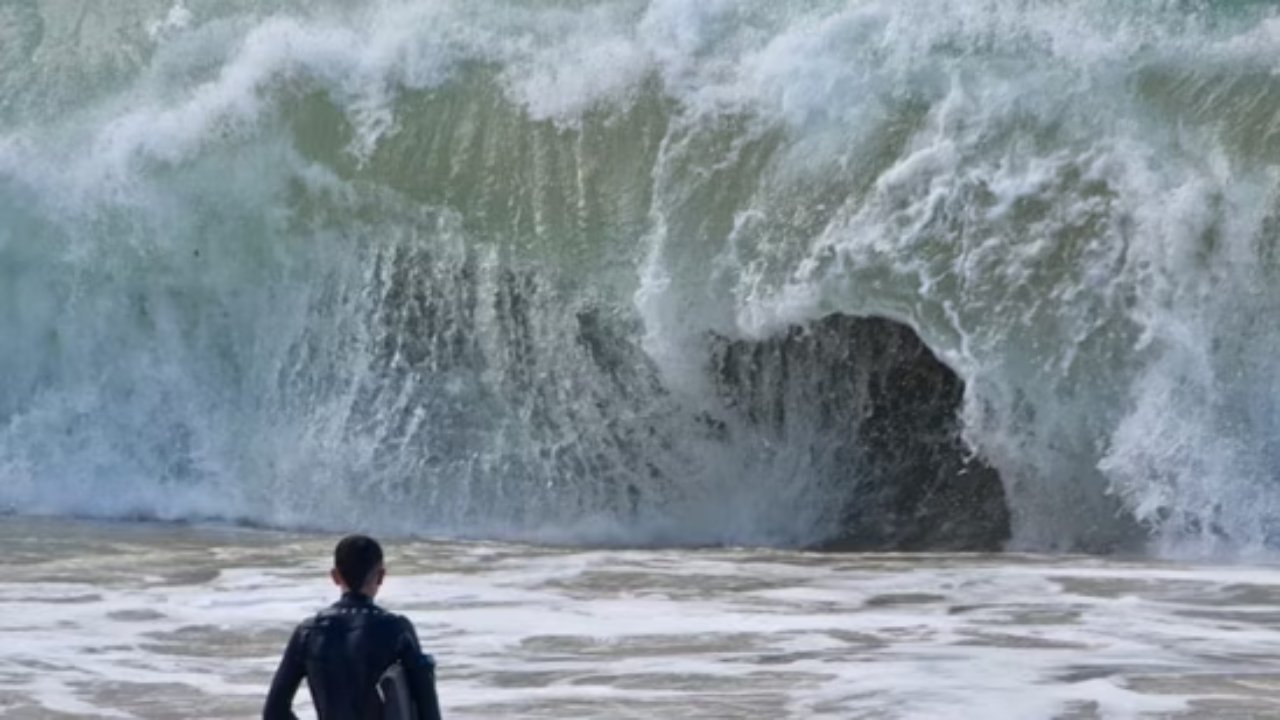

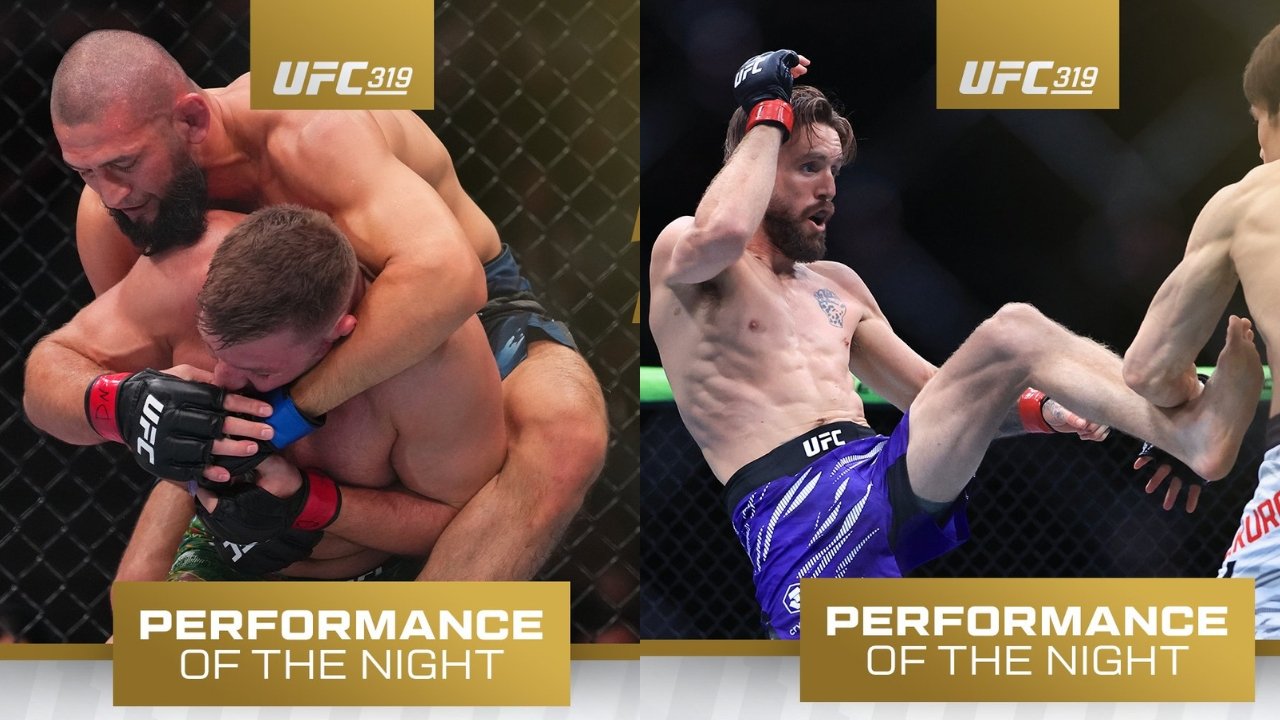
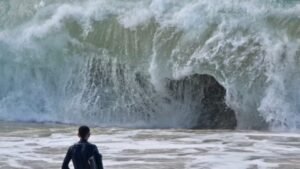


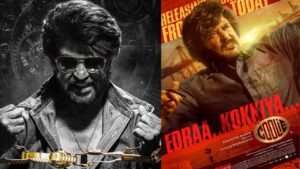




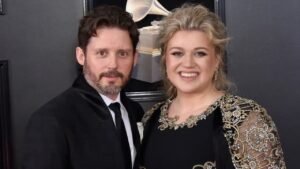

Post Comment